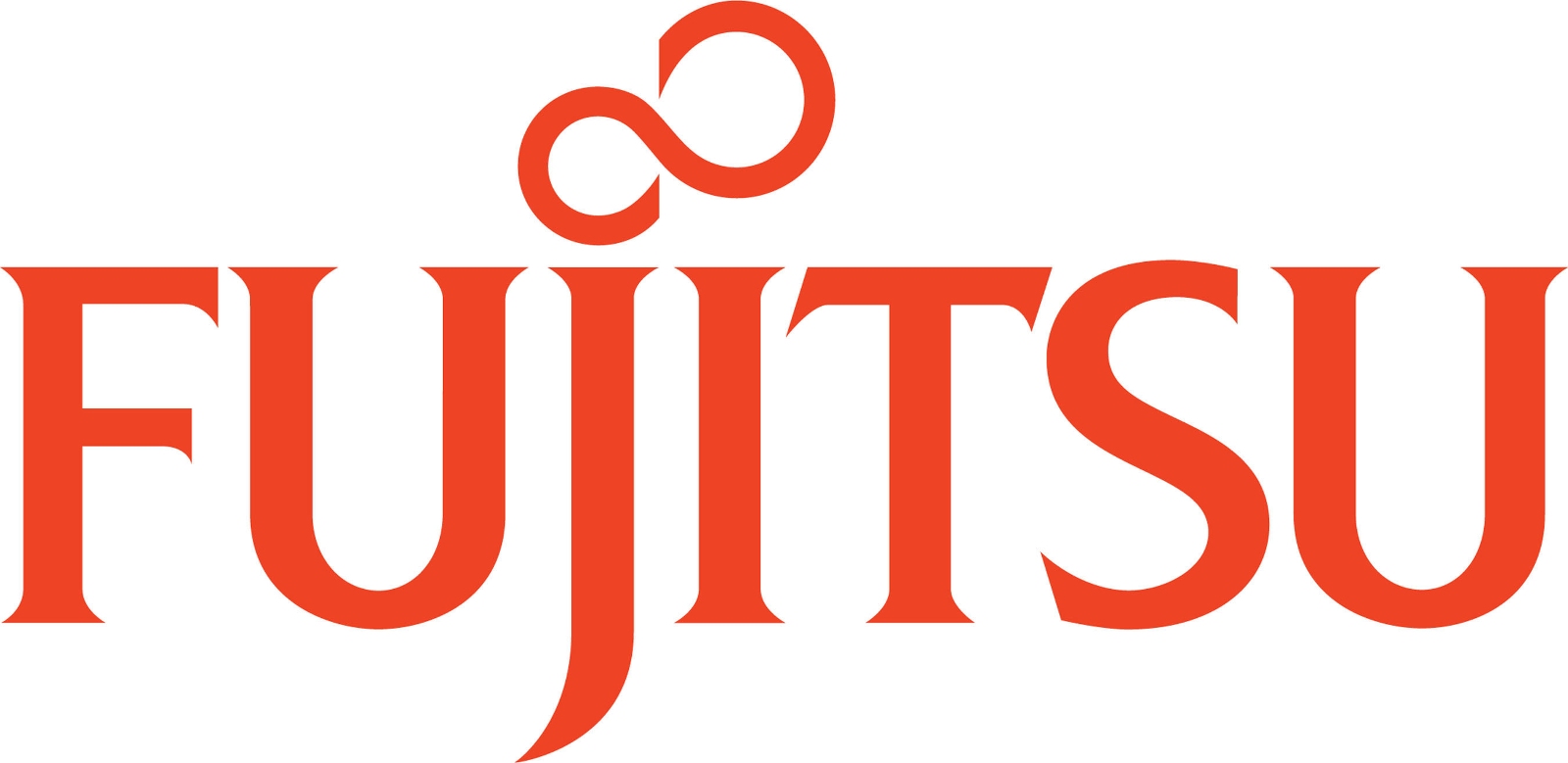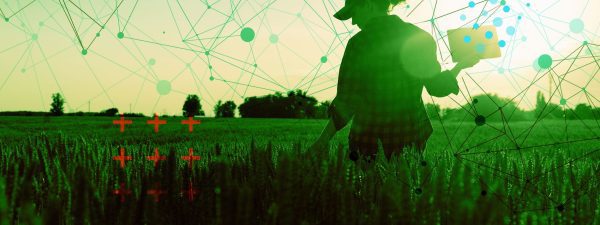As the Internet of Things (IoT) continues to expand into every aspect of work and life, Fujitsu is highlighting its latest technologies to the advancement of connected solutions that are helping industrial businesses enhance safety and streamline productivity at this week’s Fujitsu World Tour in Orlando, Florida on May 5, 2016.
IoT-enabled devices in factories and businesses currently represent a significant part of the market, and by 2025, 37 percent ($2.3 trillion) of the $6.2-trillion IoT market is expected to consist of devices used in manufacturing applications.
Fujitsu plays a key role in the development of this hyper-connected world, working with customers to increase efficiency through the development of advanced devices and systems for industries such as farming and manufacturing as well as placing a focus on workplace safety.
Thirty-five percent of US manufacturers are currently collecting and using data generated by smart sensors to enhance manufacturing/operating processes. One of the biggest challenges manufacturers face is implementing up-to-date technology within older machines. Machinery for any manufacturer is a costly and lengthy investment, taking years before a piece of equipment is retired or replaced, but with IoT solutions from GlobeRanger, a Fujitsu-owned RFID software and solutions company, older equipment can be easily outfitted to become a connected device.
The company’s GR-AWARE platform, for instance, easily incorporates asset management information into business operations and legacy systems, allowing creation of business processing rules, management of exceptions, triggering of alerts and notifications, as well as production of a variety of real-time reports.
IoT solutions are enabling more transparency in the supply chain. By implementing IoT solutions, manufacturers are able to receive real-time data helping to manage a warehouse or supply chain more effectively and efficiently. For example, the perishable products industry has witnessed an alarming amount of contamination and spoilage in recent years. By implementing connected devices into the process, manufacturers are able to track production end-to-end, ensuring quality products and helping to protect their reputation.
One of the U.S.’ largest sour cream manufacturers was one of the initial companies to participate in an RFID-compliance initiative sponsored by a leading global big-box retailer. Through use of an iMotion Edgeware platform from GlobeRanger, the company was able to deploy a critical tracking system that allowed information to be sent to drivers regarding where to deliver loads, recording transactions, loT information and expiration date – keeping tabs on the entire process of finished goods to shipping.
“The Internet of Things is changing the way we work in every way and in every industry,” shared Alex Attal, executive vice president of Business Application Services at Fujitsu America, Inc. “Fujitsu is utilizing IoT to help manufacturers – specializing in everything from food and agriculture to tools and warehouses – to streamline people and processes, further bettering the bottom line and productivity.”
A key trend in agriculture is for farmers to utilize predictive analytics on real-time data about weather, soil and air quality, crop maturity, equipment and labor costs for making smarter decisions. This is a market that is expected to grow to $3.7 billion by 20184. Fujitsu is working to support this new industrial enterprise approach that brings improvements to agriculture and food markets through the use of connected devices, like RFID tags and wearables.
Addressing this emerging trend, Fujitsu released an innovative and critically acclaimed offering known as GYUHO SaaS, also known as “The Connected Cow.” This demonstrates Agricultural IoT at its finest.
By utilizing IoT technology, ranchers were able to determine that cows increased their activity/steps when they were in season (known as the estrus cycle) and ready to mate. As a result of the information collected – via a pedometer that relays step count data via the internet, analyzed in the cloud, and generates an email alert when there are signs of increased stepping – ranchers are then able to artificially inseminate the cows at the optimal time, increasing chances of breeding more cows than bulls. This increases the production of milk and thus allows ranchers to manage their dairy demands efficiently, thanks to the data collected through the wearable device.
This system has been rolled out in Japan, as well as farms in South Korea. Additionally, test trials of GYUHO SaaS are currently underway in Poland, Turkey and Romania. Poland’s National Research Institute of Animal Production chose GYUHO SaaS after determining that the estrus detection rate was higher than the other solutions evaluated.
“We’re witnessing the evolution of a hyper-connected world, with emerging technologies fueling connections between people, processes, things and information,”said Robert Ryan, chief innovation officer, BAS, Fujitsu Americas. “Fujitsu is proud to be a leader in advancing a more human-centric workforce by melding together IoT, equipment and people for the betterment of enterprises, their employees and of course, the consumer.”




